Europe is facing an emerging crisis in its industrial transition: a shortage of scrap metal that threatens to slow down its decarbonization goals. Rising global demand especially from the United States has caused a sharp increase in scrap exports from the EU, raising concerns among European manufacturers and climate policy advocates.
According to the reports, the continued enforcement of a 50% tariff on U.S. steel and aluminum imports, a policy that originated during the Trump administration, has driven American buyers to source scrap from European suppliers. This spike in exports is now reducing the availability of a material essential to low-carbon steel and aluminum production two industries central to the EU’s green transition.
In response, European industry groups are calling for regulatory measures. The European Aluminium Association is pushing for export licenses to limit the uncontrolled outflow of scrap, while EUROFER, the European Steel Association, has proposed implementing export duties, noting that such measures are already in place in many non-EU countries.
Scrap metal plays a critical role in green manufacturing by enabling the production of steel and aluminum with significantly lower emissions. Industry leaders warn that if the current trend continues unchecked, it could result in increased costs, missed climate targets, and reduced industrial competitiveness for Europe.
As discussions continue among policymakers, managing scrap exports is rapidly becoming a strategic issue in the EU’s broader effort to secure sustainable and resilient industrial supply chains.


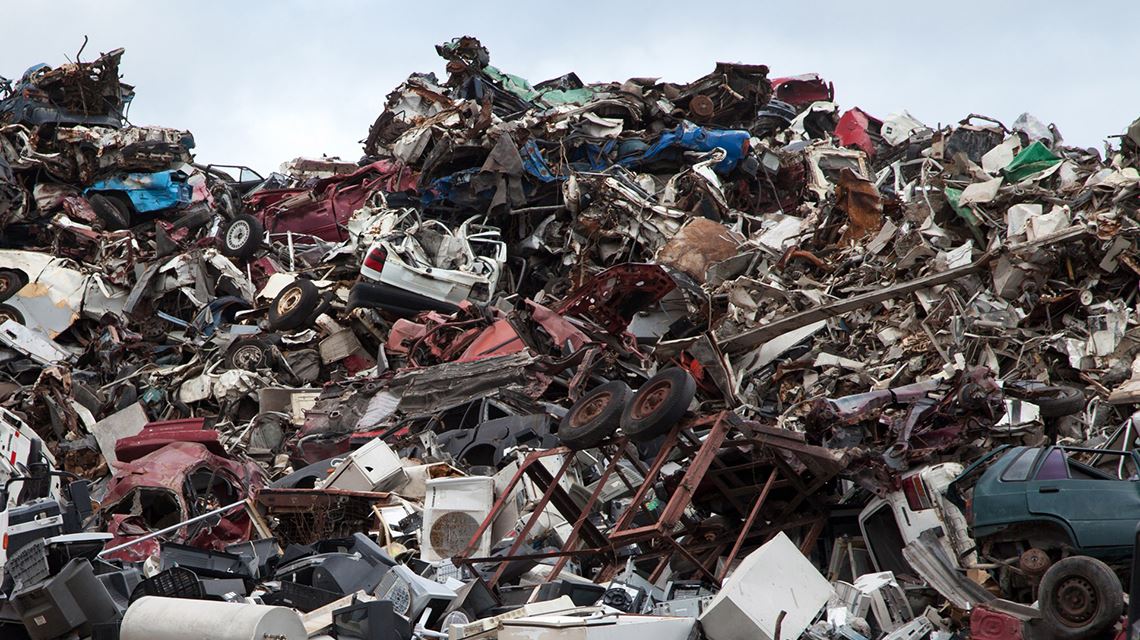

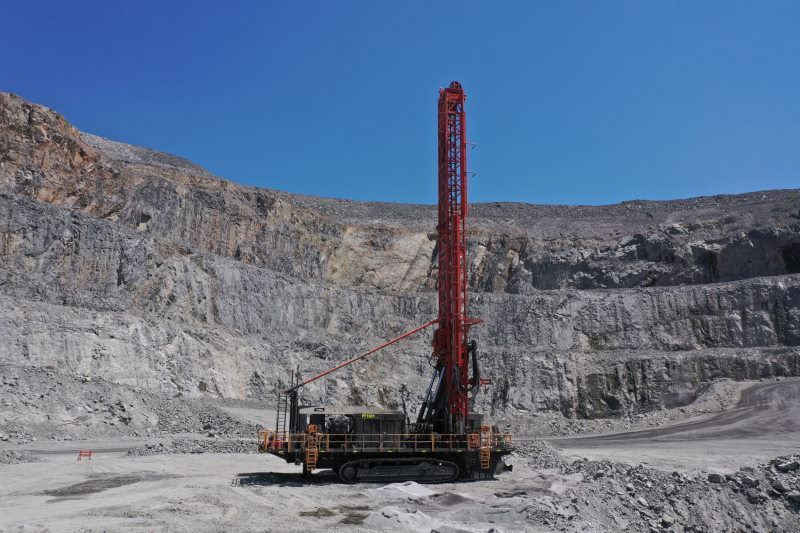
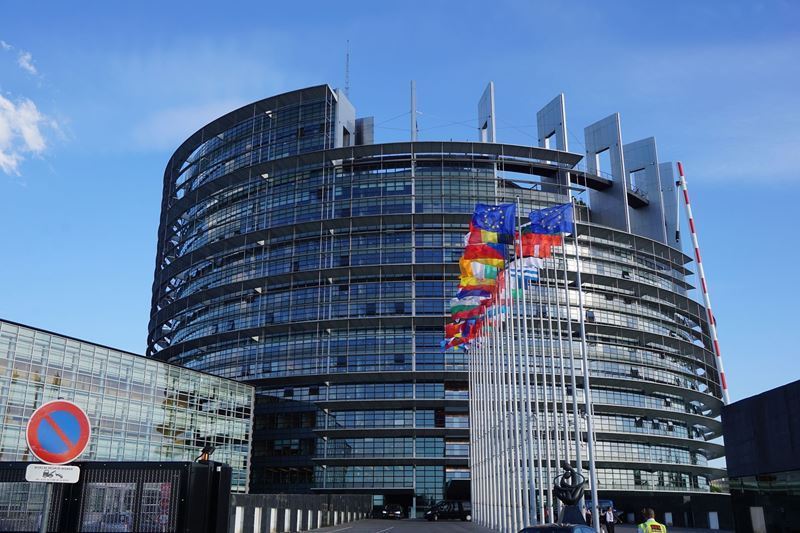
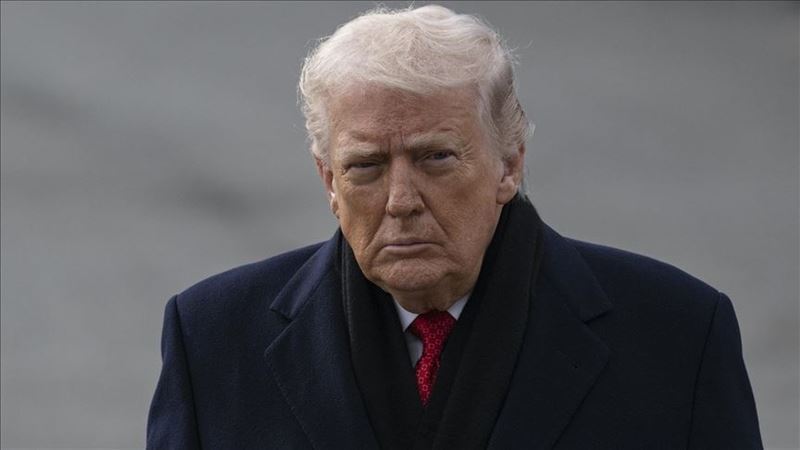
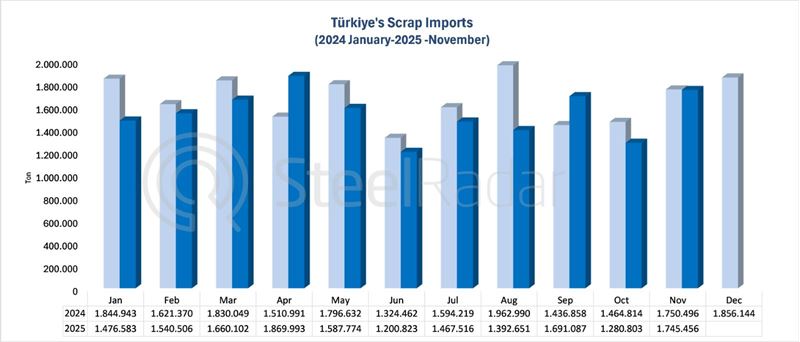


Comments
No comment yet.